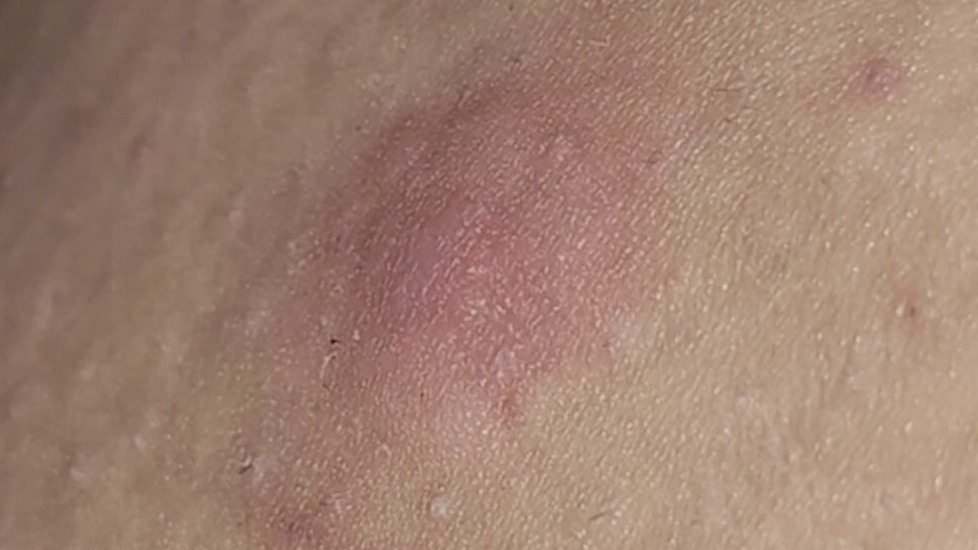Hidradenitis Suppurativa: Often misdiagnosed, especially among Black women

Hidradenitis suppurativa (HS) often misdiagnosed
Hidradenitis suppurativa (HS) is often misdiagnosed and dermatologists are working to educate everyone about the dangers of the painful, chronic skin condition. Kevyn Stewart reporting.
SANDY SPRINGS, Ga. - Hidradenitis Suppurativa (HS) is getting increased attention from dermatologists due to its frequent misdiagnosis and debilitating effects. HS is an autoimmune skin disease affecting about 1 in 100 people, with Black women being at a higher risk.
A Delayed Diagnosis
The backstory:
For Patricia Washington, it took 15 years to receive the correct diagnosis. It started with a small boil.
"It's a very painful condition," Washington said." And they kept coming back they kept coming back."
Her primary care doctor at the time treated her with antibiotics.
"It wasn't getting better," says Washington." I went to several dermatologists and they didn't know what it was."
HS often appears as boils, bumps, or abscesses, particularly in hair-bearing areas. The condition is caused by an excessive immune response, which can worsen without proper treatment.
"It is all driven by excessive immune response, especially in hair bearing areas," explains Dr. Weisman, a dermatologist specializing in HS. "Typically, there is odor associated with it and can be mistaken for a sexually transmitted disease. If you are not seeing an expert, you can miss the early signs because the doctor may be familiar."
The Importance of Early Detection
What we know:
Dr. Weissman warns that misdiagnosis can be dangerous. If left untreated, severe scarring can occur, leading to debilitating complications, including hydroadenocarcinomas, a rare but serious form of skin cancer.
"Especially if it's allowed to progress to the severe scarring form that is debilitating, they can develop in the untreated areas of Hidradenitis Suppurativa fatal carcinomas, and I have seen it," Dr. Weissman explains.
"There’s an effort to help doctors recognize HS early. Getting the right diagnosis before scarring occurs is critical."
Washington has her own advice after realizing not all dermatologists are HS experts.
"Vet your doctors to have make sure you're choosing someone who is very familiar with the condition," says Washington.
Treatment and Awareness
Why you should care:
Currently, there are three FDA-approved treatments for HS, though dermatologists debate the best time to use them. Dr. Weissman believes early intervention is key to preventing permanent skin damage.
With increased awareness and early diagnosis, dermatologists hope to improve outcomes for HS patients and reduce long-term complications.

